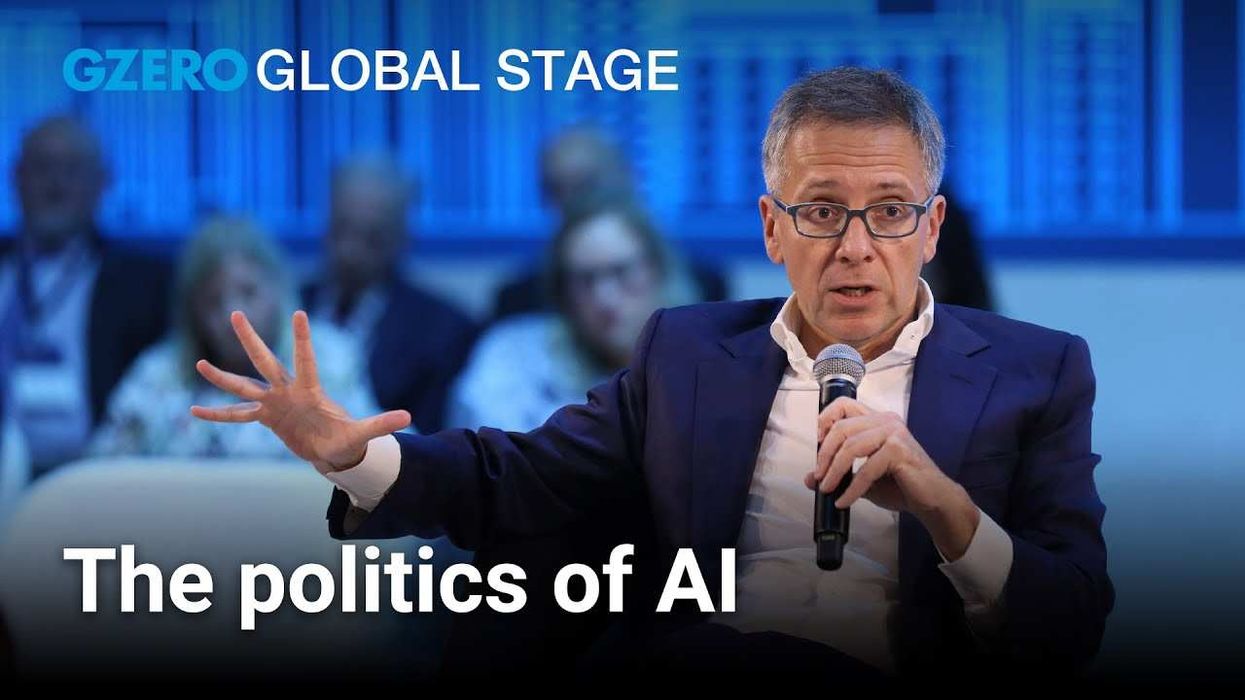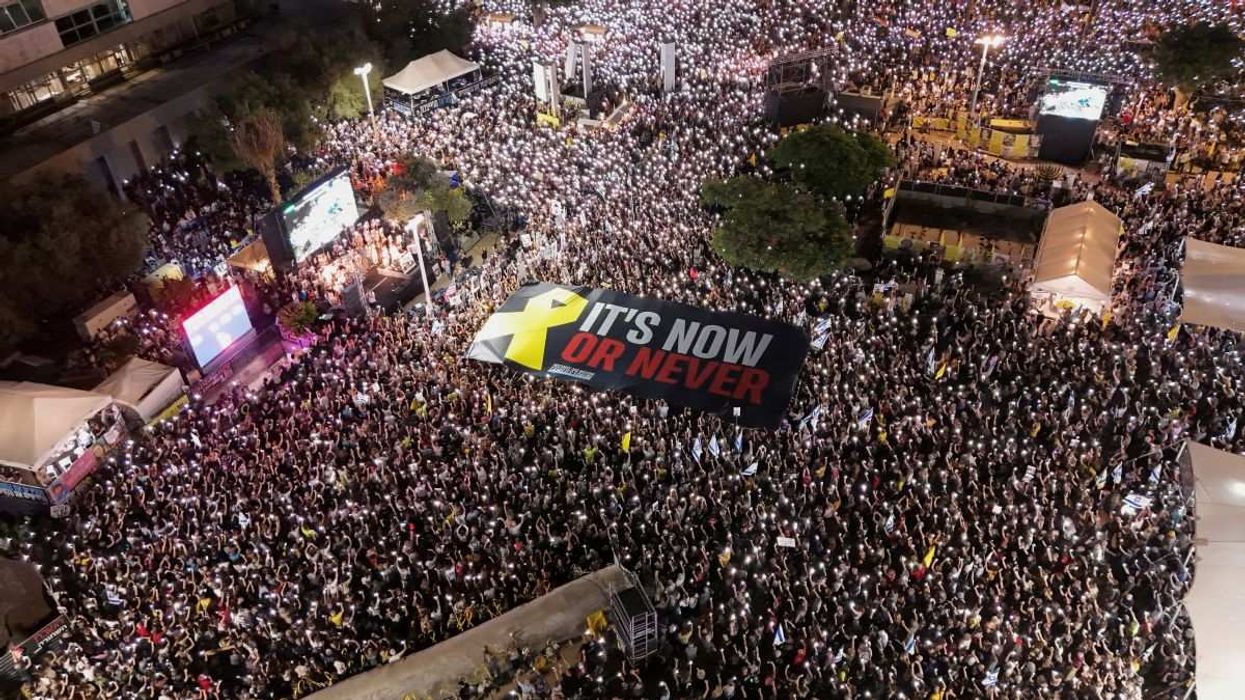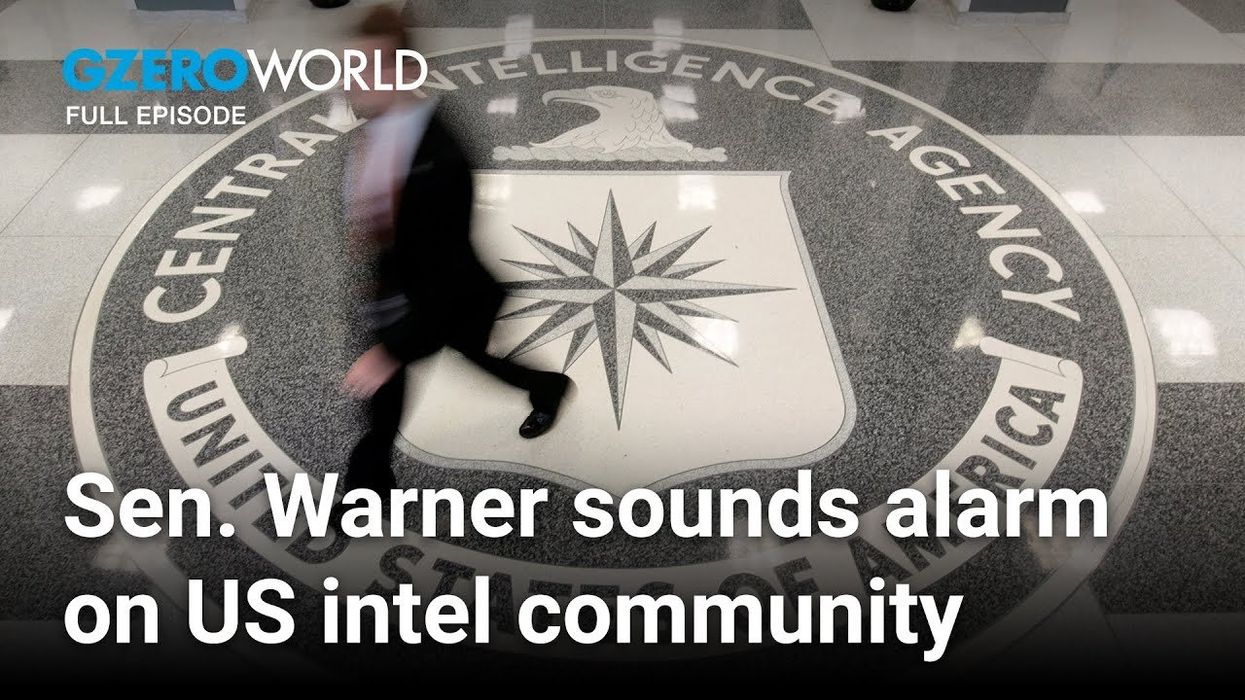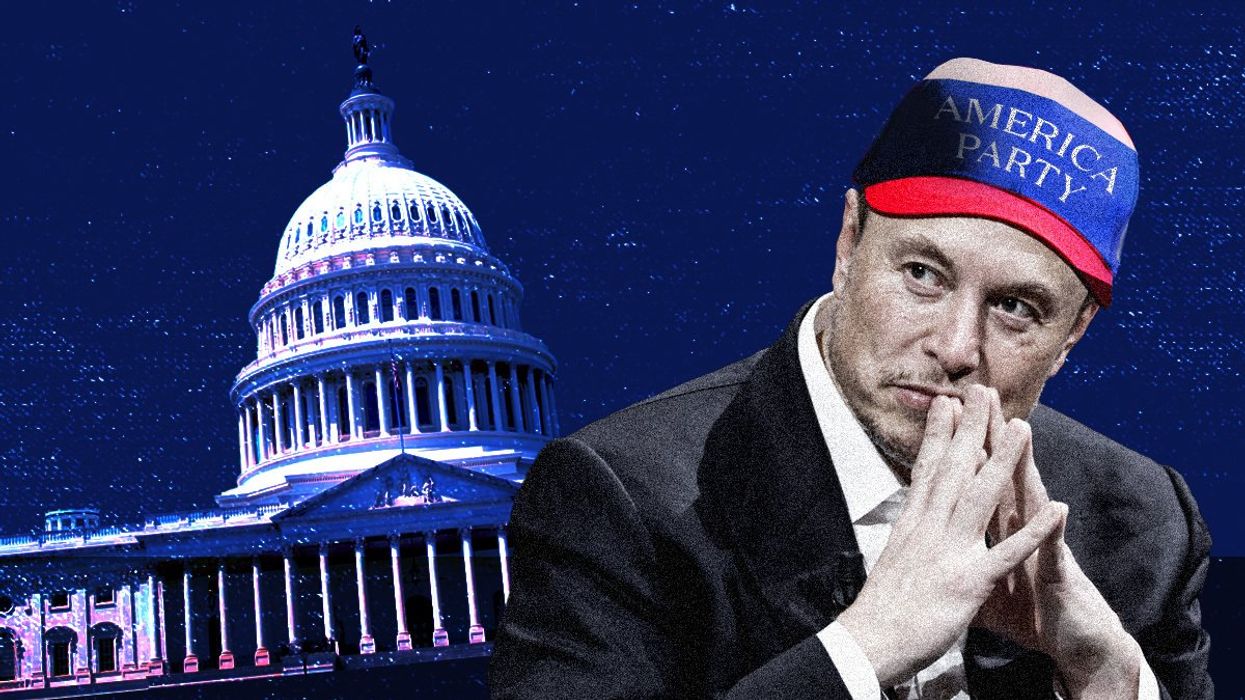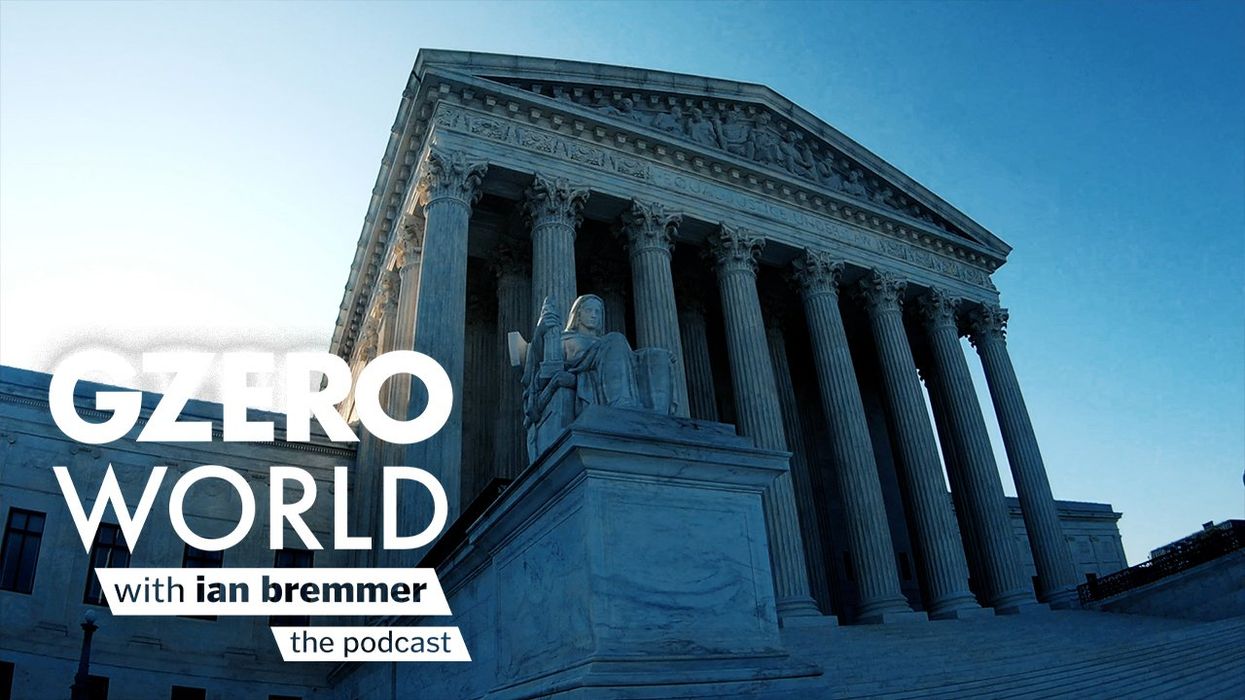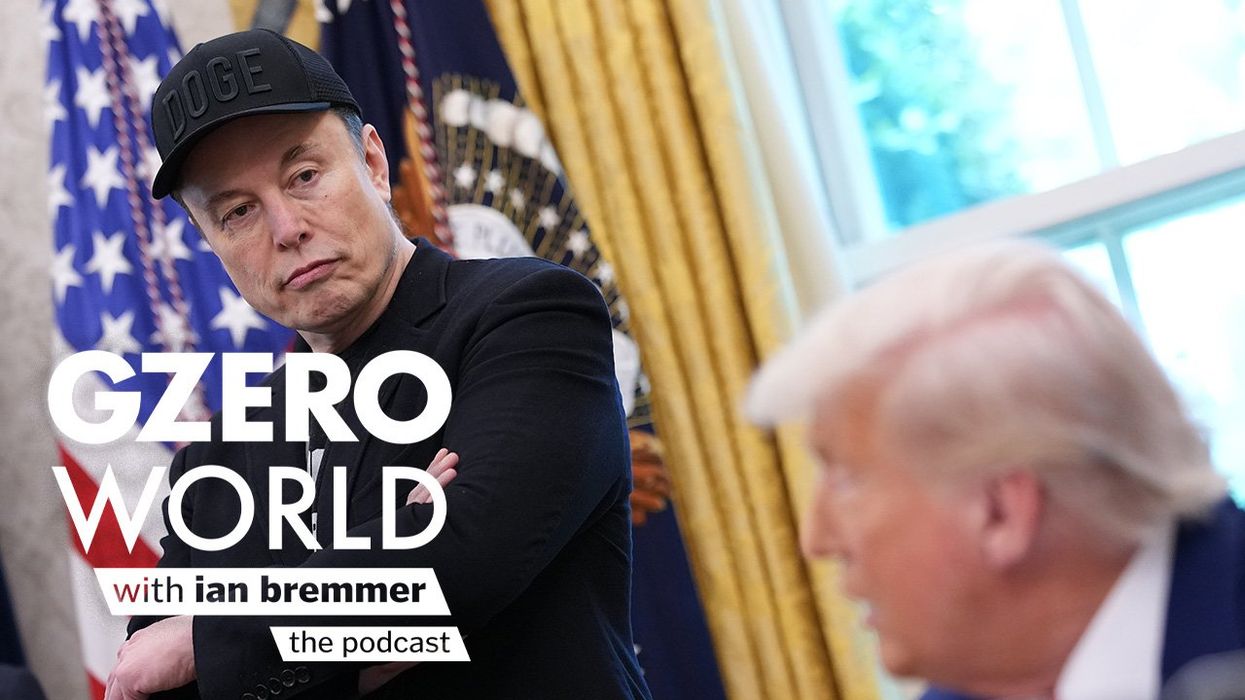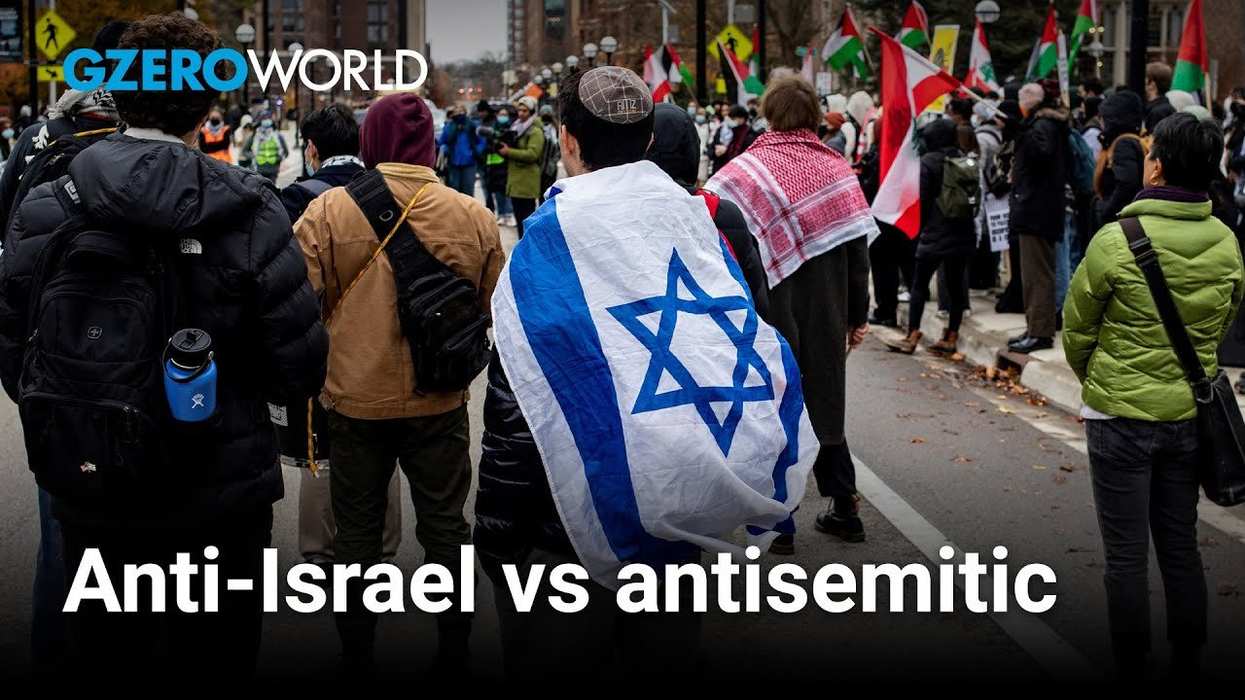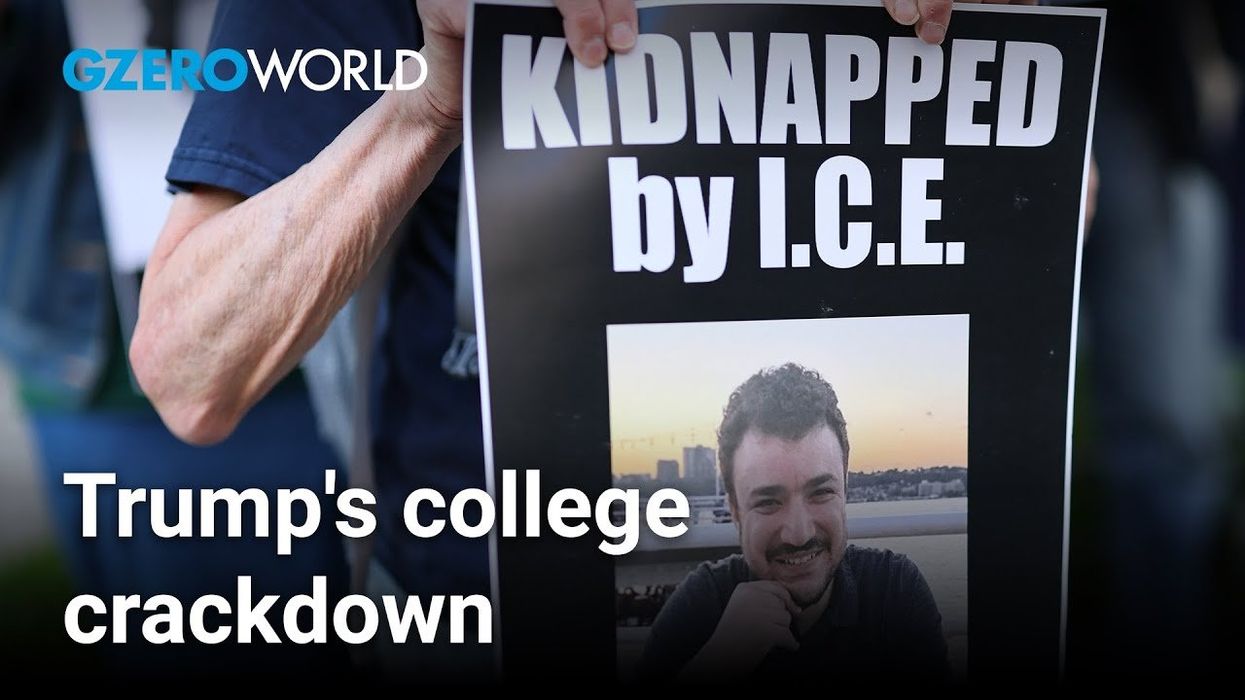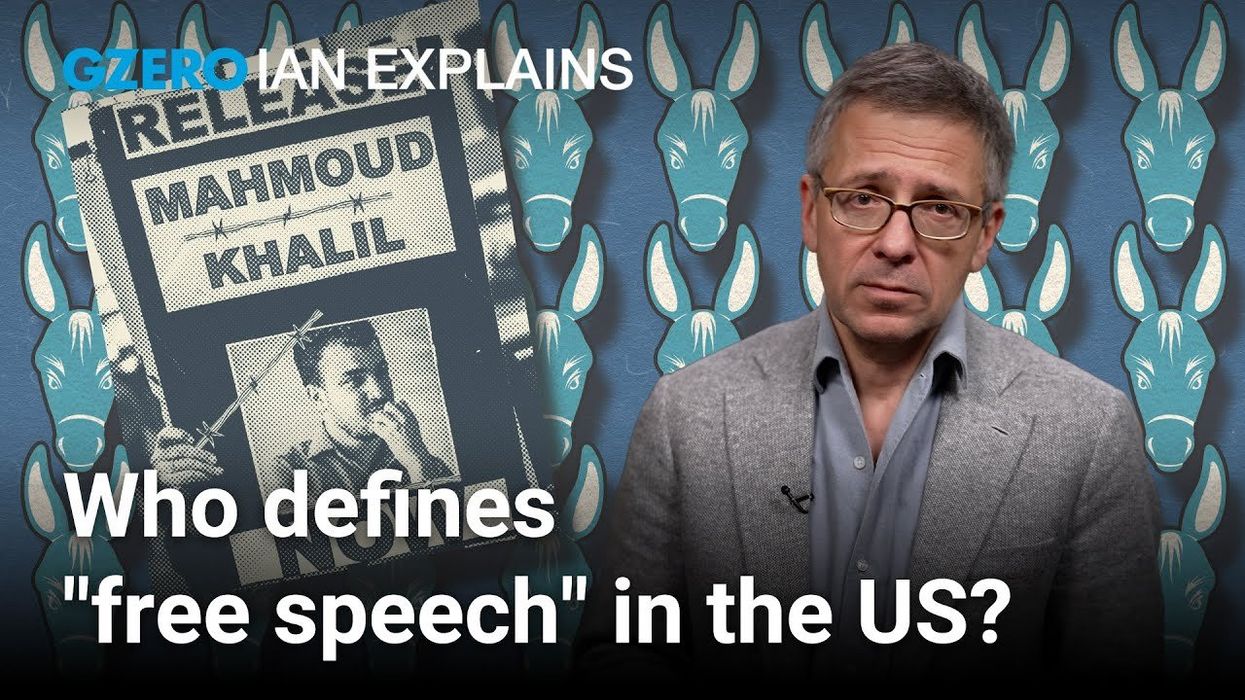Abu Dhabi Global AI Summit
Agentic AI: How it could reshape identity and politics
As AI begins to understand us better than we understand ourselves, who will decide how it shapes our world? Ian Bremmer cautions, "The winner or the winners are going to determine in large part what society looks like, what the motivating ideologies are."
Nov 06, 2025
